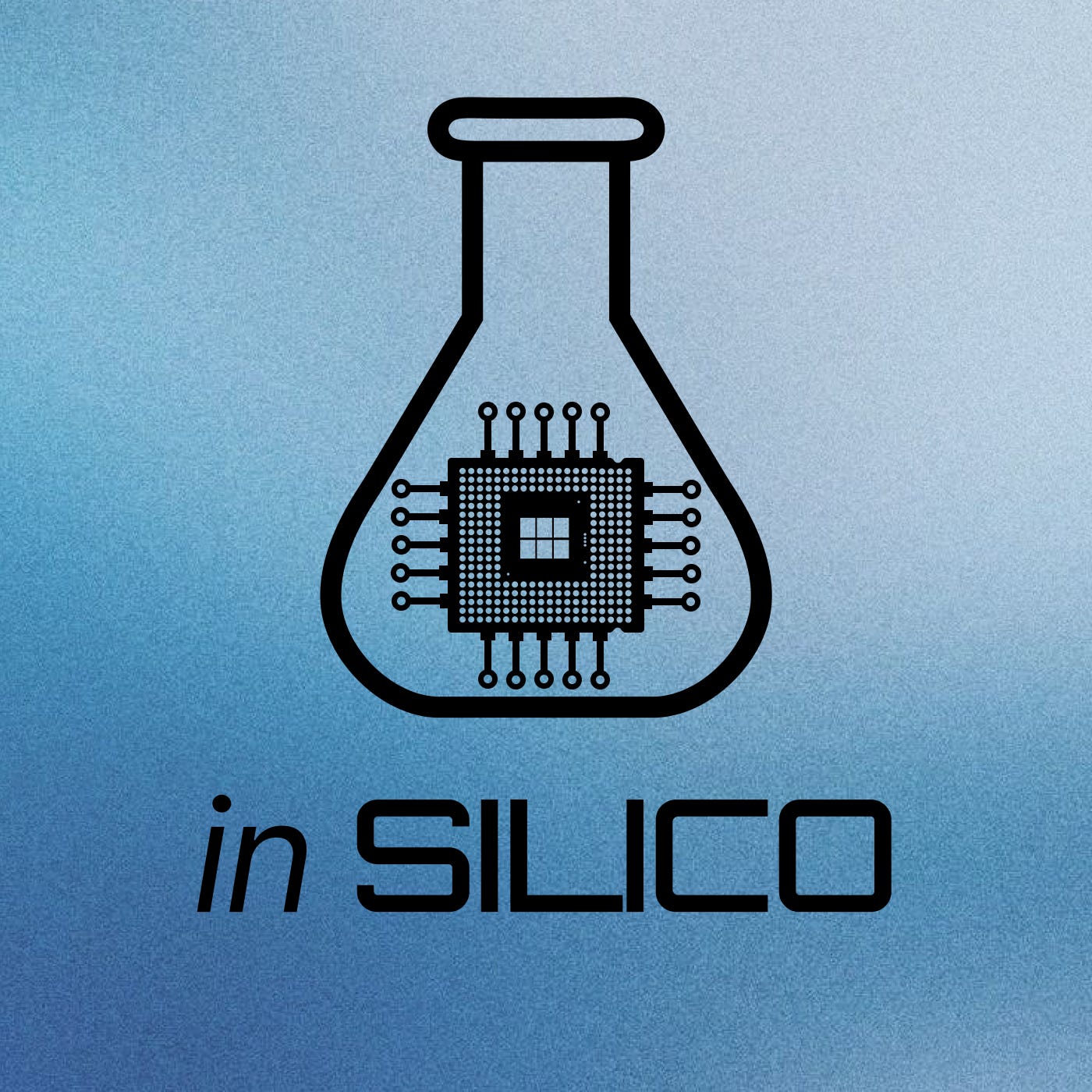Over the past few years, AI has advanced at a breakneck pace. Leading AI models are now surpassing human performance across a wide range of benchmarks designed for both laypeople and subject matter experts.
As these benchmarks have begun to saturate, AI developers are setting their sights even higher, including solving the hardest mathematical and scientific problems.1 Examples just in the past year include:
These efforts aren’t limited to AI labs. Policymakers are also starting to notice the transformative role AI can play in accelerating scientific discovery and strengthening American competitiveness. Here are a few examples from the past year:
Senators Martin Heinrich (D-NM) and Mike Rounds (R-SD) have launched the bipartisan American Science Acceleration Project (ASAP)
SeedAI announced Accelerate Science Now, a broad coalition of more than 30 organizations supporting AI for science legislation
The AI race is entering a new phase. Top labs are shifting focus toward breakthroughs in science and momentum is building among researchers and policymakers to harness AI for economic and scientific progress.
That’s why I’m launching In-Silico — a podcast featuring conversations with leading scientists, founders, funders, and policymakers on how AI is transforming the way we do science. There’s never been a more important time to explore this shift. Stay tuned for the release of episode one soon.
Note OpenAI’s VP of post-training left recently to found an “AI for Science” startup.






